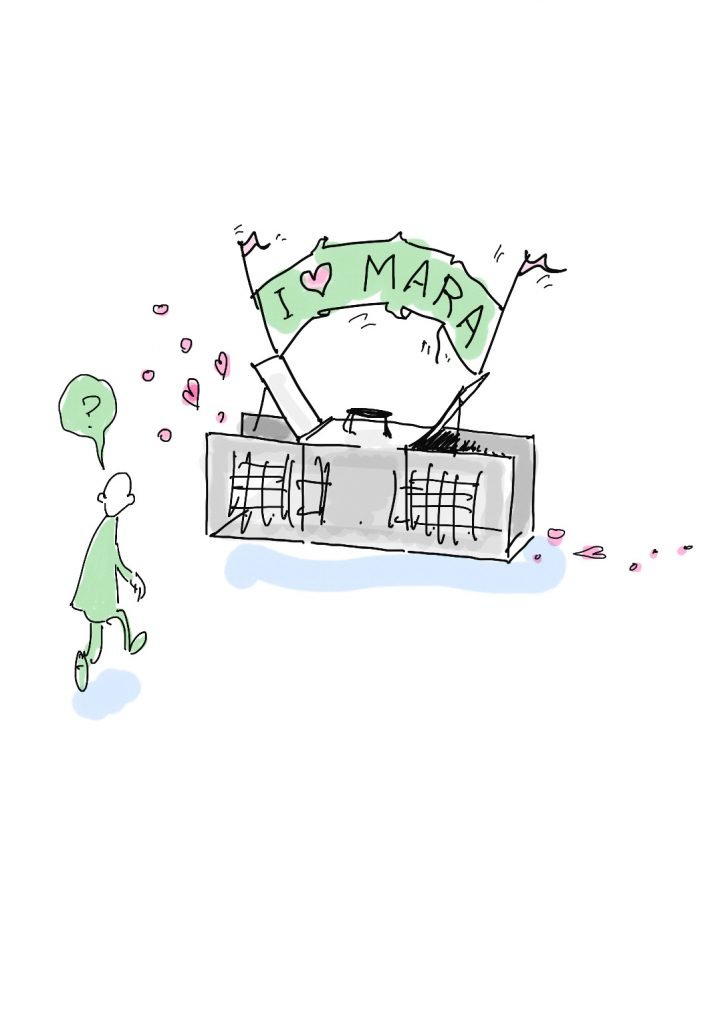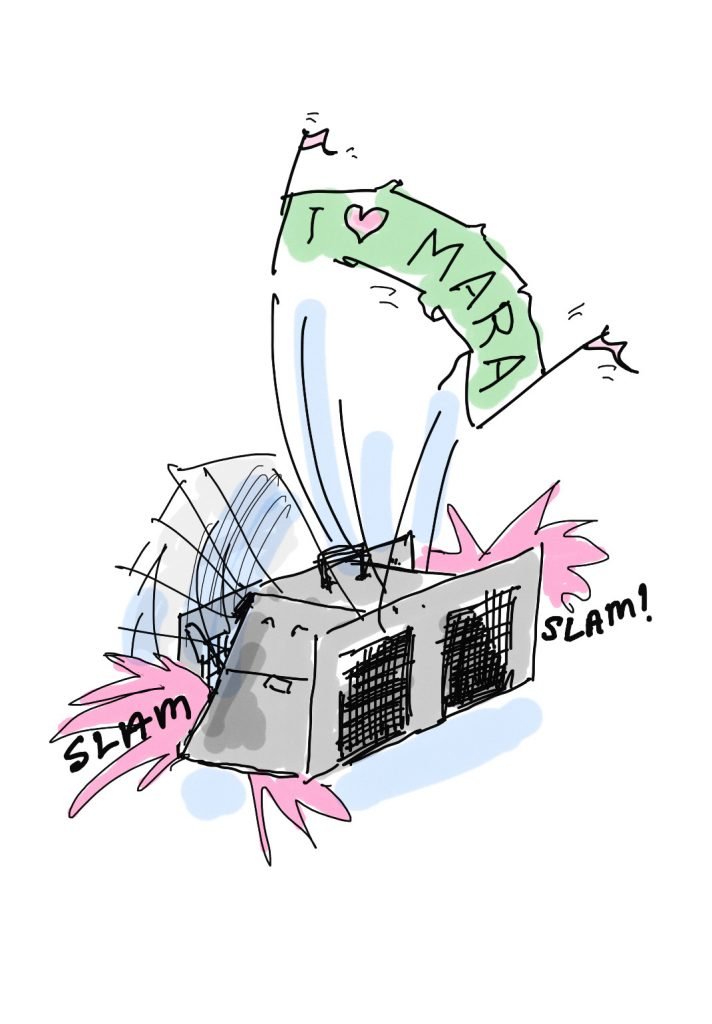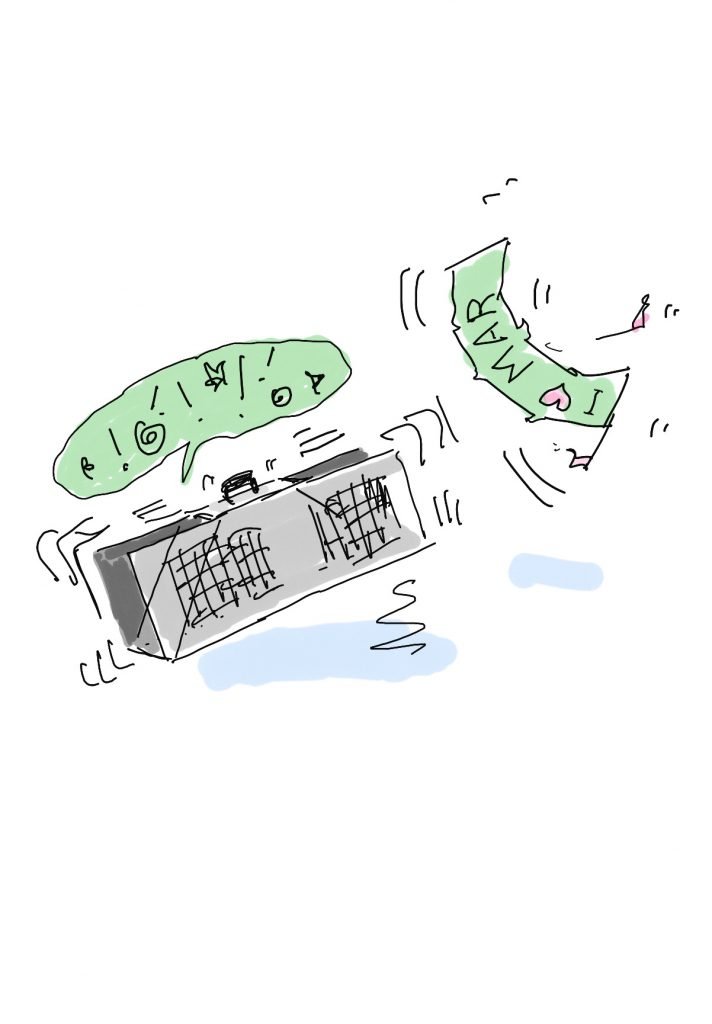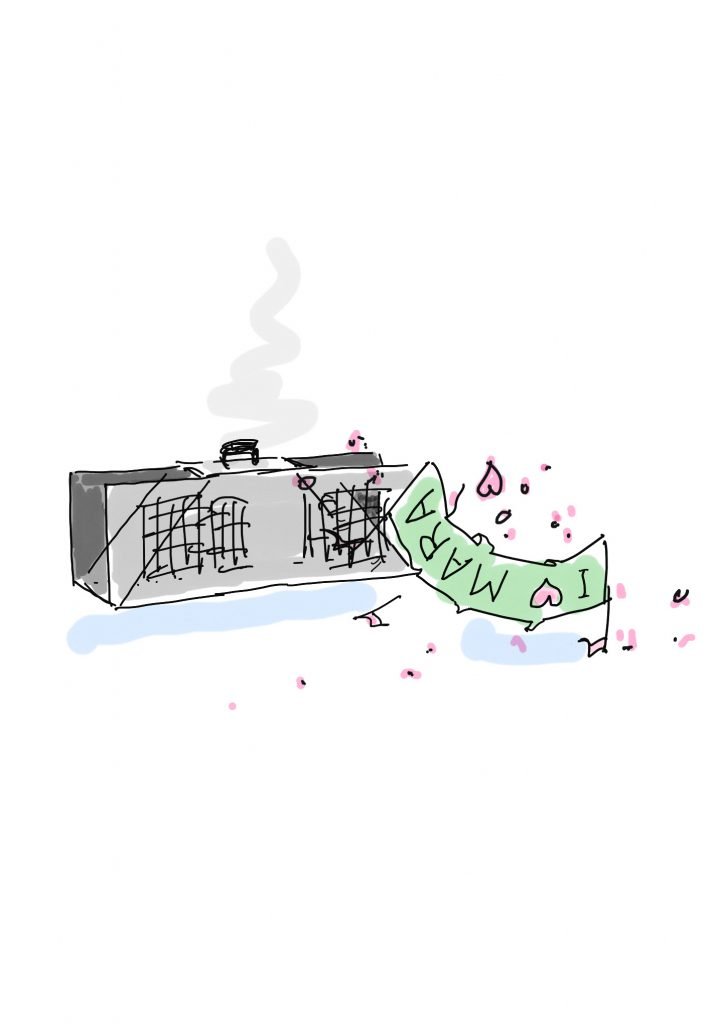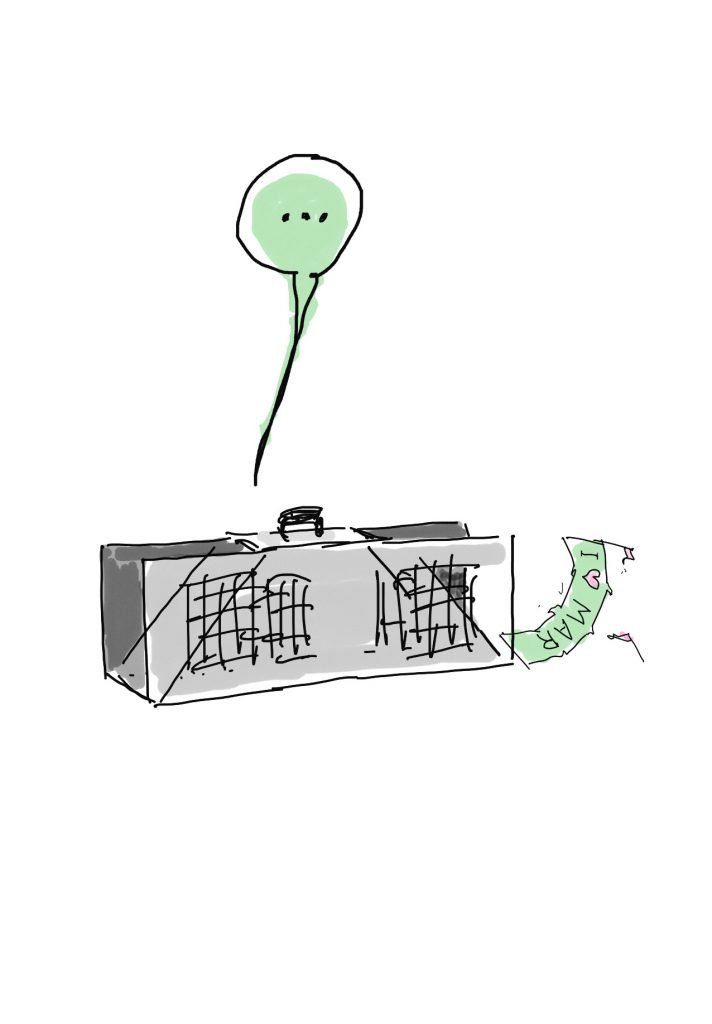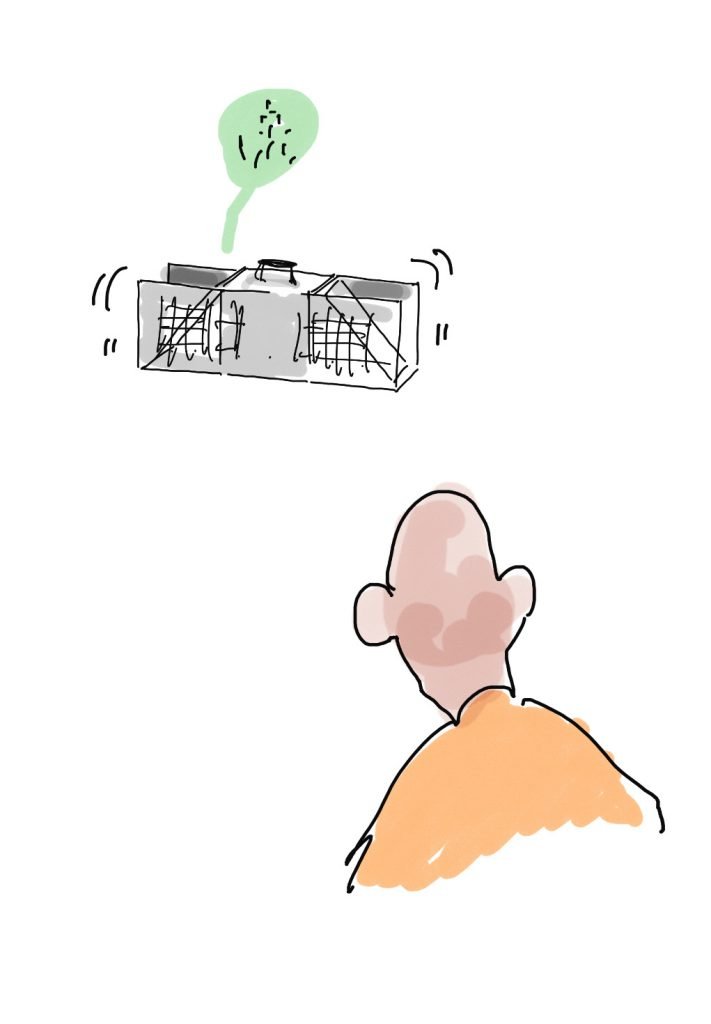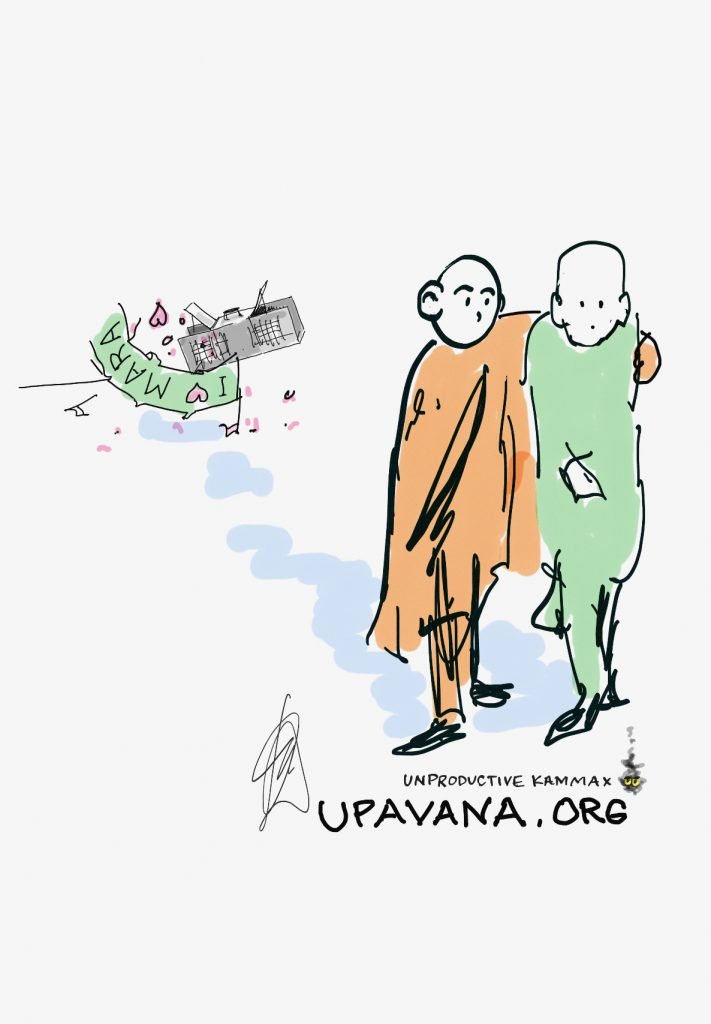Life is full of traps.
In order for a trap to be effective, it has to be appealing. So it is with life. The things that trap us tend to be attractive things – romantic love, wealth, fame, travel, excitement … These are the obvious baits. There are less obvious ones too, like patriotism, responsibility, meaning, justice. The objects or ideas themselves are not the problem, but they lead us into narrowing ourselves, judging others, and eventually boxing ourselves into suffering. We could get out pretty easy if we only let go of the bait.
The character of Mārā in Buddhism is many-sided. In some ways it’s a force of nature, the force of delusion that keeps being immersed in ignorance. But in other tellings it is a station in the cosmos – the most powerful of all deva’s. In this cosmology Mārā is the silent ruler of the sensual realm. Mārā doesn’t outrank King Yāmā, the king of death, but frequently goes over his head to construct elaborate ruses to keep beings bound to suffering. Like an advertising executive, Mārā’s power comes from keeping other beings craving and trapped. How do you trap a mind though, something that has no form or location? Only by convincing the being to trap themselves.
On Wednesday we talked about the trap itself – the idea of a permanent, substantial ‘self’. A deceptively simple but utterly effective mechanism. So effective, in fact, we’re almost guaranteed not to get out of it without a little help …

